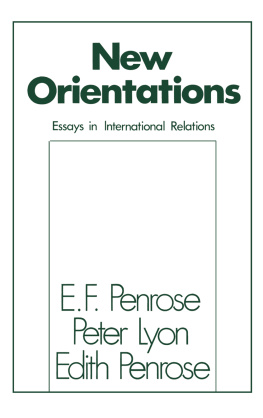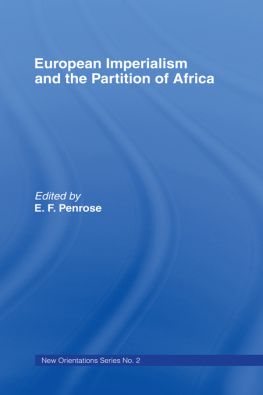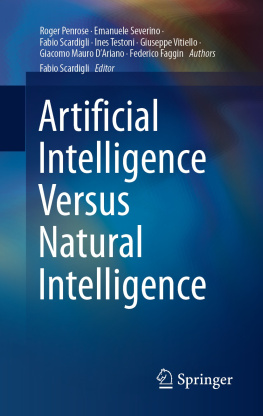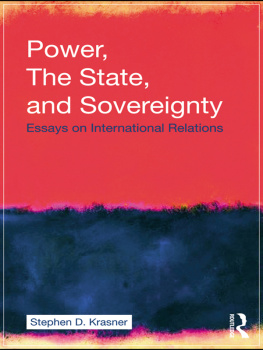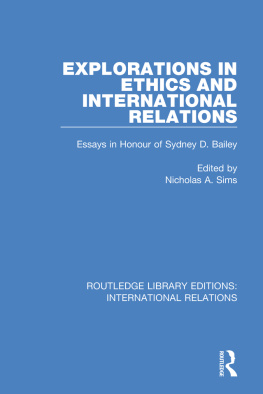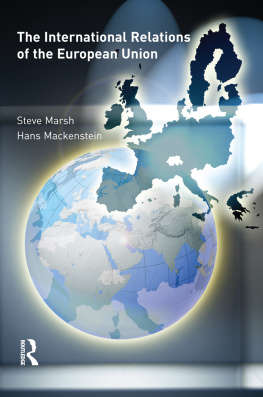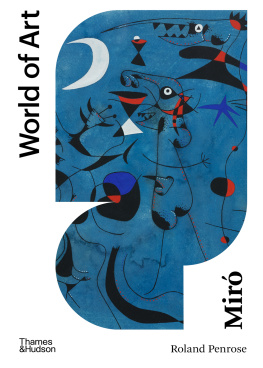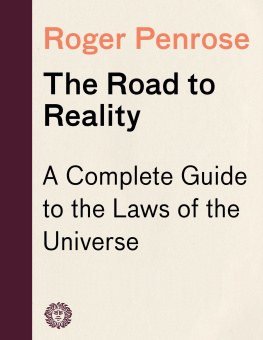NEW ORIENTATIONS
NEW ORIENTATIONS
Essays in International Relations
Editors:
E. F. PENROSE
PETER LYON
EDITH PENROSE
First published in 1970 by
FRANK CASS AND COMPANY LIMITED
Published 2013 by Routledge
2 Park Square, Milton Park, Abingdon, Oxon OX14 4RN
711 Third Avenue, New York, NY, 10017, USA
Routledge is an imprint of the Taylor & Francis Group, an informa business
ISBN 13: 978-0-714-62593-5 (hbk)
1970 THE EDITORS
All Rights Reserved. No part of this publication may be reproduced in any form or by any means, electronic, mechanical, photocopying, recording or otherwise, without the prior permission of the publisher.
CONTENTS
. By Peter Lyon
. By E. F. Penrose
. By Jacques Decornoy
. By Edith Penrose
This is the first volume of a series of publications to be devoted to critical essays on international relations.
As the general title indicates, the essays will express forward looking, often revisionist points of view. Their main themes will be those of contemporary international relations, broadly interpreted. But contemporary events are obviously affected by events in the past, especially the recent past, and we shall seek essays devoted to new or revised interpretations in international history. We shall aim also at including essays on the economic as well as the political aspects of international relations. In the interpretation of international events, the artificial separation of the economic and the political, adopted in academic journals and text-books to present the results of specialised studies, has its disadvantages; nor can we afford to neglect the great changes in political and economic geography, or the substantial demographic and technological changes in the last quarter of a century.
The need for sustained free thought and criticism on international relations, unrestricted by official connections and institutional pressures, has never been greater. The informal and indirect pressures on individual thinkers working in institutions are probably more powerful and often more subtle than ever before. Moreover politicians naturally tend to be more experienced in domestic than in world affairs, and newspapers in Britain, competing for circulation in a period of rising costs, seem to assume that the reader is more interested in internal than in external affairs.
Britains changing relationship to the rest of Western Europe, involving as it does eventual acceptance of the Rome Treaty as a member of the E.E.C., requires the final abandonment of an insular outlook. Imperial legacies and linguistic bias have led many British students of international relations to give disproportionate attention to distant areas with linguistic and other imperial and post-imperial links to the comparative neglect of neighbouring countries with different languages. We aim, therefore, to obtain essays from French writers which we shall translate and publish in English, and to secure contributions from other countries. Finally, as part of a wider European community Britain will have increasing and not diminishing relations with and influence in the Third World in its newly acquired status of political independence. This we shall also take into account in our writings and in seeking contributions.
THE EDITORS
Jacques Decornoy, born in 1937, became a journalist after one year of study in the United States and subsequently seven years of study of Political Science in France. In the last five years he has been in the position of Chef de la rubrique of Asie du Sud-Est in Le Monde. He has reported on Indonesia, Singapore, Malaysia, Thailand, Cambodia, India, Ceylon, Laos (including the areas of the maquis, Pathet-Lao), South Vietnam and North Vietnam, and is author of LAsie du Sud-Est, 1967.
Peter Lyon, B.Sc.(Econ.), Ph.D.(London), is Secretary of the Institute of Commonwealth Studies, University of London, and was formerly Lecturer in International Relations in the London School of Economics and Political Science. He has made Southern Asia his specialised area of study. He is the author of Neutralism (1963), War and Peace in South-East Asia (1969) and many articles in scholarly journals.
Edith Penrose is Professor of Economics, with Reference to Asia, in the School of Oriental and African Studies of the University of London. She has travelled and lectured widely in Asia and Africa and in recent years has made a special study of the role of international firms and of the international petroleum Industry. Her books include The Theory of the Growth of the Firm (1959), and The Large International Firm in Developing Countries: The International Petroleum Industry (1968).
E. F. Penrose (M.A.Cantab.) is Professor Emeritus of Geography and International Relations, The Johns Hopkins University and has been working in London and the Middle East since 1957. He has had a wide experience over nine years in international diplomacy and international institutions, and in many years in universities in four continents. His books include Population Theories and their Application, with Special Reference to Japan (1934); Economic Planning for the Peace (1953); The Revolution in International Relations (1965). He contributes to Orient (Paris).
PETER LYON
This is an age of World History, of World War, of World Politics and perhaps of World Order. There exists contemporaneously a global states-system: global because it is now truly worldwide in its ambit and as an activity area; states, because they are still the principal, but certainly not the only organisations, units or actors;1 and a system because the ensemble of states and other principals that impinge on each other do not do so in an entirely chaotic manner; there are characteristic and sometimes distinctive modalities, which taken together make this in many respects a unique system or order. The global states-system is the direct lineal heir of the north Italian renaissance; it is also sui generis.
If there is abundant evidence of continuities in the contemporary world there are undoubtedly also innumerable signs of change. And the innovations are often violent and could even become catastrophic. Any writer who treats the advent of nuclear weapons as merely another incident in mans continuous adaptation of his technology for the preparation and conduct of war is as guilty of a false emphasis as anyone who contends that it changes everything. Alphonse Kerrs slick and overemployed aphorism plus a change, plus cest la mme chose is clearly inadequate, as it avoids that close attention to similarities and differences which is the essence of analysis and of prognosis.
The purpose of the present essay is to identify and analyse some of the most significant, in this essayists judgement, aspects of continuity and change in the now global states-system, to note the origins of the system, and to mention some of the basic questions which arise concerning the contemporary system. Some of these questions may well be tackled much more acutely and at greater length in future issues of this publication.
I
The Globe and the Emergence of the Modern States-System
Five centuries before the Christian era, Greek philosophers were aware of the globular form of the earth. Their habitable world was nonetheless confined to a definable area, situated wholly in the northern hemisphere and limited eastward and westward by oceans, or deserts or mountains. Whether or not there were other worlds on the globe, in remote western waters or in the Southern hemisphere was a matter of speculation. The map of the world according to Eratosthenes simply ignored the globe as a concept of significant practical and theoretical importance, although in fact its author measured the size of his known world by surprisingly sound methods for his day, and, considering his lack of instruments, with remarkable accuracy. Later and more ignorant people using such charts, or others still more conventional or speculative, concluded that the world was flat. The Christian Fathers denounced the idea of the Antipodes as heretical. In the second century of the Christian era Ptolemy, an Alexandrine Greek, wrote a book which was the classic of geography, for a thousand years. He depicted the land as continuous and the sea as divided into vast but separate lakes. In such a world, widespread maritime empires would, of course, have been impossible. And yet the unity of the ocean is the basic physical fact underlying the great importance of sea-power in the modern world, and discovery and recognition of this fact was the precondition for mans first circumnavigation of the world.


